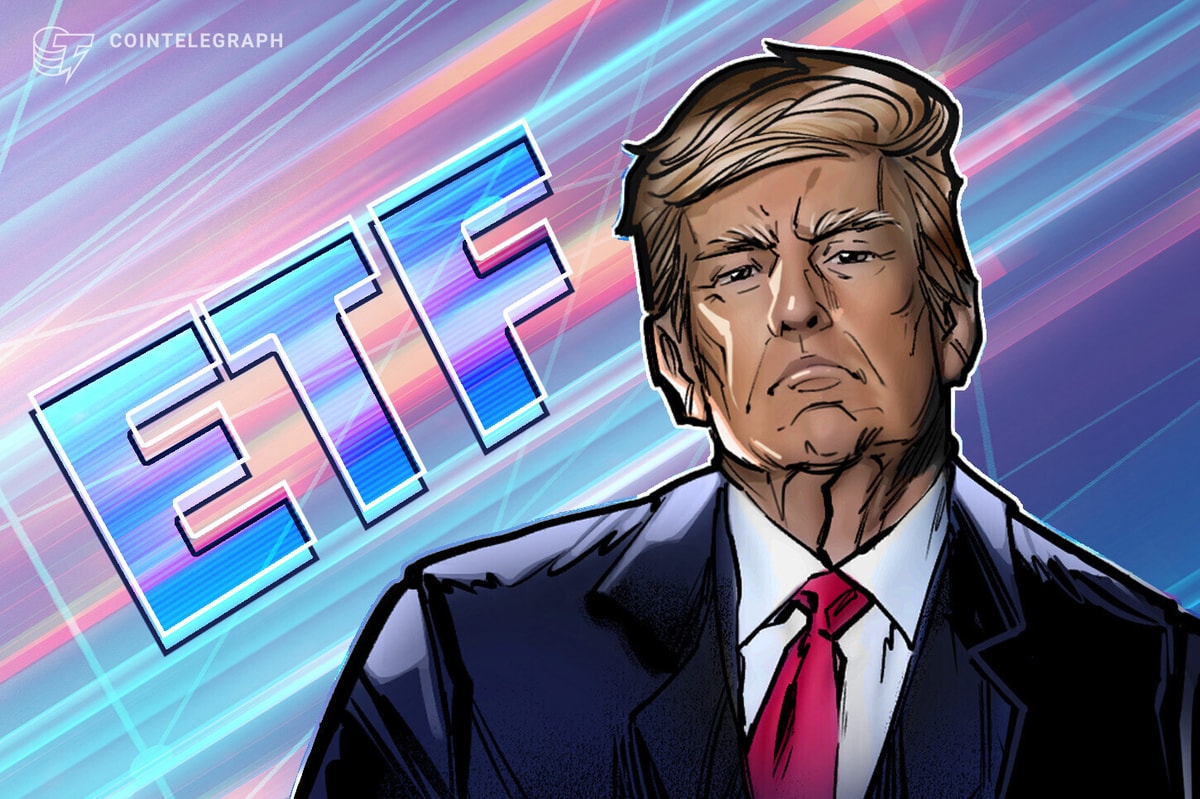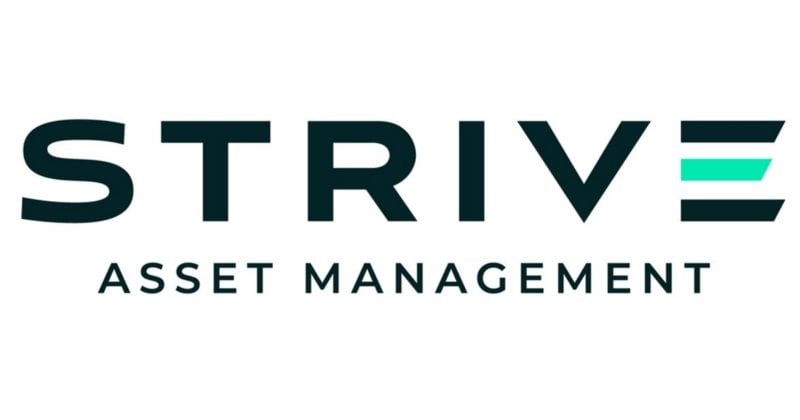The bill includes licensing requirements for stablecoin issuers, offering and marketing restrictions and broader consumer protections.
250 Total views
1 Total shares

Hong Kong’s proposed Stablecoins Bill has entered the Legislative Council, moving the region closer to forming a comprehensive regulatory regime for stablecoins.
On Dec. 6, the Hong Kong government published the bill in the special administrative region’s Gazette, moving it closer to becoming law. On Dec. 18, the bill was forwarded to the Legislative Council of Hong Kong for its first reading.
The Legislative Council will perform three readings before submitting the bill to the chief executive. Source: Legislative Council
Before the bill is signed into law, it must go through three readings, which comprise a series of debates, examinations and potential amendments. When the bill passes the third reading, it will be forwarded to the region’s chief executive, who can sign it into law.
Key components of the Stablecoins Bill
According to law firm King & Wood Mallesons, the Stablecoins Bill has three key components. They include stablecoin issuer licensing and requirements, a specified stablecoin offering, and marketing restrictions with broader consumer protections.
If the bill is signed into law, issuers of stablecoins in Hong Kong must obtain a license from the Hong Kong Monetary Authority (HKMA), the region’s central bank. Issuers must comply with the comprehensive requirements to obtain a license.
The regulator would evaluate the issuer and its controllers, resources, stablecoins, reserve assets and the mechanism stabilizing its value. Only regulated entities and platforms will be allowed to offer stablecoins in Hong Kong or to market them to the public.
The bill provides protections for consumers that affect the various market participants, including issuers and distributors.
Related: Hong Kong proposes tax breaks to attract crypto hedge funds, investors
MiCA-compliant stablecoins dominate Europe
If the bill is enacted, Hong Kong may witness a shift in stablecoin use similar to that in Europe when the Markets in Crypto-Assets (MiCA) regulations came into force.
On Dec. 18, research firm Kaiko and Netherlands-based crypto exchange Bitvavo reported that the introduction of MiCA significantly shifted the stablecoin landscape in the region.
While issuers like Tether discontinued its Euro-backed stablecoin, compliant issuers have thrived. By November, MiCA-compliant stablecoins captured most of the market, with Circle, Societe Generale and Banking Circle’s stablecoins holding a 91% market share by late 2024.
Magazine: Rise of MicroStrategy clones, Asia dominates crypto adoption: Asia Express 2024 review

 14 hours ago
9
14 hours ago
9








 English (US) ·
English (US) ·